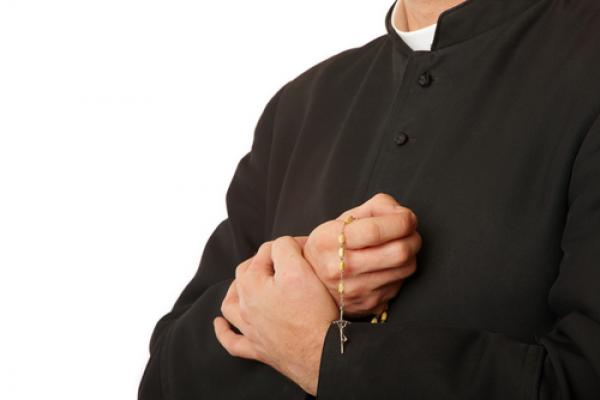Most members of the clergy are taught to put the physical and spiritual needs of others first, but that self-denial may be harmful to their own health, according to a new Duke University study.
Studies of United Methodist pastors in North Carolina found high rates of chronic disease and depression, and researchers worry it can be difficult to convince clergy to seek help.
To address these unique problems, Duke Divinity School's Clergy Health Initiative developed a program to provide preventative care in a spiritual context.
“Clergy recognize the importance of caring for themselves, but doing so takes a back seat to fulfilling their vocational responsibilities, which are tantamount to caring for an entire community,” said Rae Jean Proeschold-Bell, the initiative's research director and assistant research professor at the Duke Global Health Institute.
The institute's research found the 40 percent obesity rate among North Carolina United Methodist clergy eclipsed the state average of 29 percent. Pastors also suffered high rates of chronic diseases such as diabetes, asthma, arthritis, and hypertension. More than 10 percent showed symptoms of depression, about double the national rate.
Despite these health issues, clergy were also more likely to say their health did not negatively affect their work.
Proeschold-Bell said stress, which is tied to overeating and weight gain, comes in many forms for clergy.
Pastor’s schedules are unpredictable and filled with diverse activities, resulting in what Proeschold-Bell called “role overload.” She also points to an internal pressure to live faithfully and support the community.
“Pastors have lots of social ties, but the support goes only in one direction,” she said.
Initiative director Robin Swift pointed to the prevalence of food as clergy assume their hospitality roles, a factor leading to their high rates of obesity and associated health problems. “The community expects you to be grateful for their hospitality, and community happens a lot around meals,” Swift said.
To address these problems, the institute created “Spirited Life,” a 23-month initiative that provides spiritual, physical and mental counseling to 1,129 pastors, representing 64 percent of United Methodist clergy in North Carolina.
Spirited Life combines stress management, a weight loss program and a healthy dose of theology. It also links clergy to an independent “advocate” to help clergy address concerns.
Proeschold-Bell said Spirited Life is the first study to combine weight loss and stress management interventions into a single program lasting more than a year.
A study by the Evangelical Lutheran Church in America found similarly higher rates of physical and mental health problems in its clergy.
That denomination and others have established similar support networks to enhance clerical health.
The Episcopal Church's CREDO Institute provides support for physical, emotional, financial, vocational and spiritual well-being of clergy. The Presbyterian Church (USA) offers a similar program.
Chris Lisee writes for Religion News Service. Via RNS.
Clergy illustration, Monika Wisniewska / Shutterstock.com
Got something to say about what you're reading? We value your feedback!
